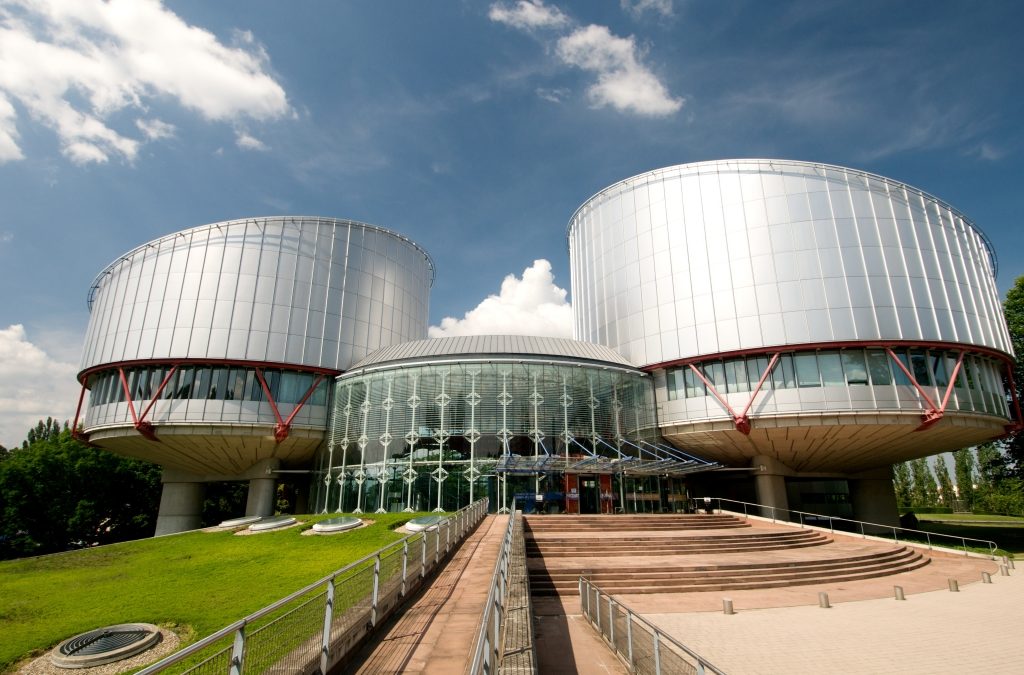The appalling conditions that 101 members of a persecuted religious minority are held under in detention in Turkey, including 22 children and other vulnerable individuals, have just been overlooked by the European Court of Human Rights.
The case which has gained the attention of international media as well as the United Nations and the EU parliament involves a group of 101 members of the Ahmadi Religion of Peace and Light who have suffered extreme persecution in their home countries on the basis of their faith. After being violently prevented from applying for asylum at the Bulgarian border, they were subjected to extreme violence at the hands of the Turkish border police, they were subsequently detained and deportation orders were issued against them. In detention, the group (that includes 22 children aged from 1 to 17, and at least 27 elderly or sick adults) endured severe beatings and threats of sexual violence from the Turkish gendarmerie, and ill-treatment, intimidation, and medical neglect in the Edirne removal center.
Following reports of the deteriorating health and psychological conditions of the children, the group has filed a request for interim measures with the European Court of Human Rights, to order an independent medical examination of the detained members and an independent monitoring of their conditions of detention. The request subsequently focused on the need to release the detained members from detention or, at the very least, the vulnerable individuals among them.
On 21 July 2023 a letter came from a duty judge of the European Court of Human Rights informing the group of the court’s decision not to indicate to the Government of Türkiye the interim measure requested in respect of the applicants’ administrative detention. No reasoning for this refusal was provided.
The flat and unreasoned refusal by the Court to grant any kind of measure in respect of the conditions of the Applicants’ detention is in contrast with the ECtHR’s established case law concerning violations of Article 3 ECHR on conditions of detention, and particularly with the case law concerning the detention of children, whose vulnerability takes precedence over any consideration related to their status (e.g. Mubilanzila Mayeka and Kaniki Mitunga v. Belgium, 2006; Muskhadzhiyeva and Others v. Belgium, 2010; Popov v. France, 2012; A.B. and Others v. France, 2016; G.B. and Others v. Turkey, 2019), and with general considerations of fairness and humanity.
The response of the court, in this case, is especially worrying given the pressing nature of such a case, where children as young as 1 year old are being detained in horrendous conditions, and in continuing violation of their most basic right.



